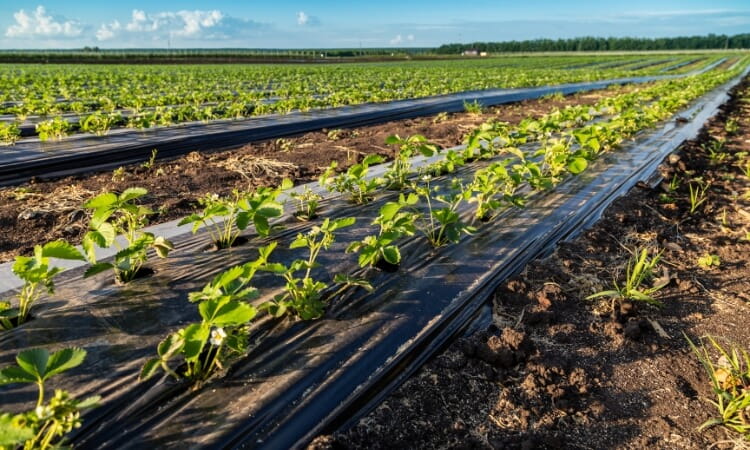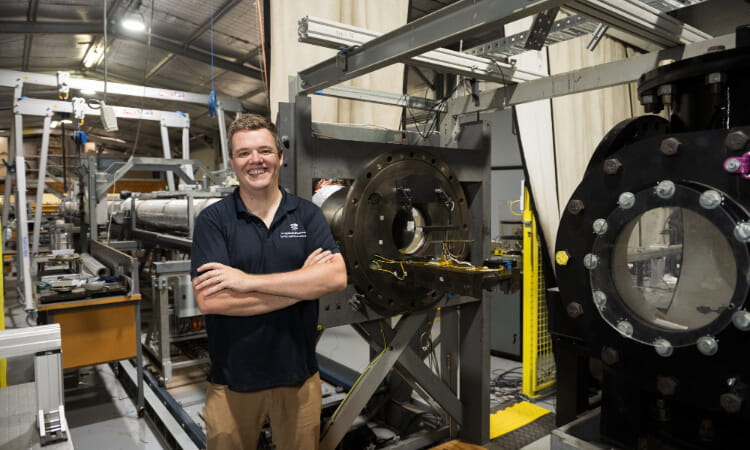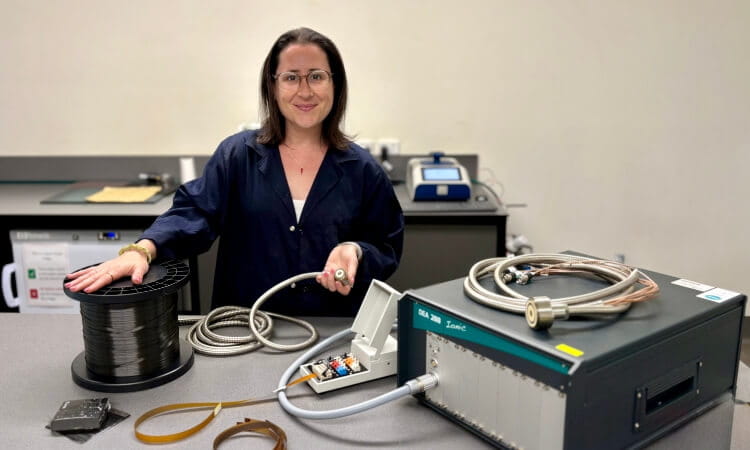Researchers begin plastic waste to hydrogen project

University of Southern Queensland researchers will work with Australian and UK industry partners to convert challenging-to-recycle plastic waste into low-carbon hydrogen and graphene.
The project was made possible through a $1.8 million grant from the Australian Government’s Department of Climate Change, Energy, the Environment and Water, awarded through its Australia-UK Renewable Hydrogen Innovation Partnerships program, which aims to help Australia meet its renewable hydrogen goals.
Together with Australia Sunlight, the University of Melbourne and First Graphene, one of six UK partners in the international collaboration, the team will tackle significant hurdles in producing, purifying, and storing low-carbon hydrogen.
The team’s primary goal is to upcycle waste plastic mulch film by converting it into high-value graphene and hydrogen-rich gases.
Plastic mulches are vital in agriculture. They aid in soil temperature control, moisture regulation, weed prevention, and crop yield improvement.
Globally, four million tonnes of polyethylene plastic mulch are used annually, growing at a rate of 5.6 per cent.
Australia discards more than 40,000 tonnes each year. However, disposing of used polyethylene plastic mulches poses economic and environmental challenges.
UniSQ will receive $700,000 for this project to support its filament winding, flame retardant and polymer cracking research.
The UniSQ research team includes Dr Xuesen Zeng, Professor Pingan Song, Dr Tristan Shelley and Professor Peter Schubel.


